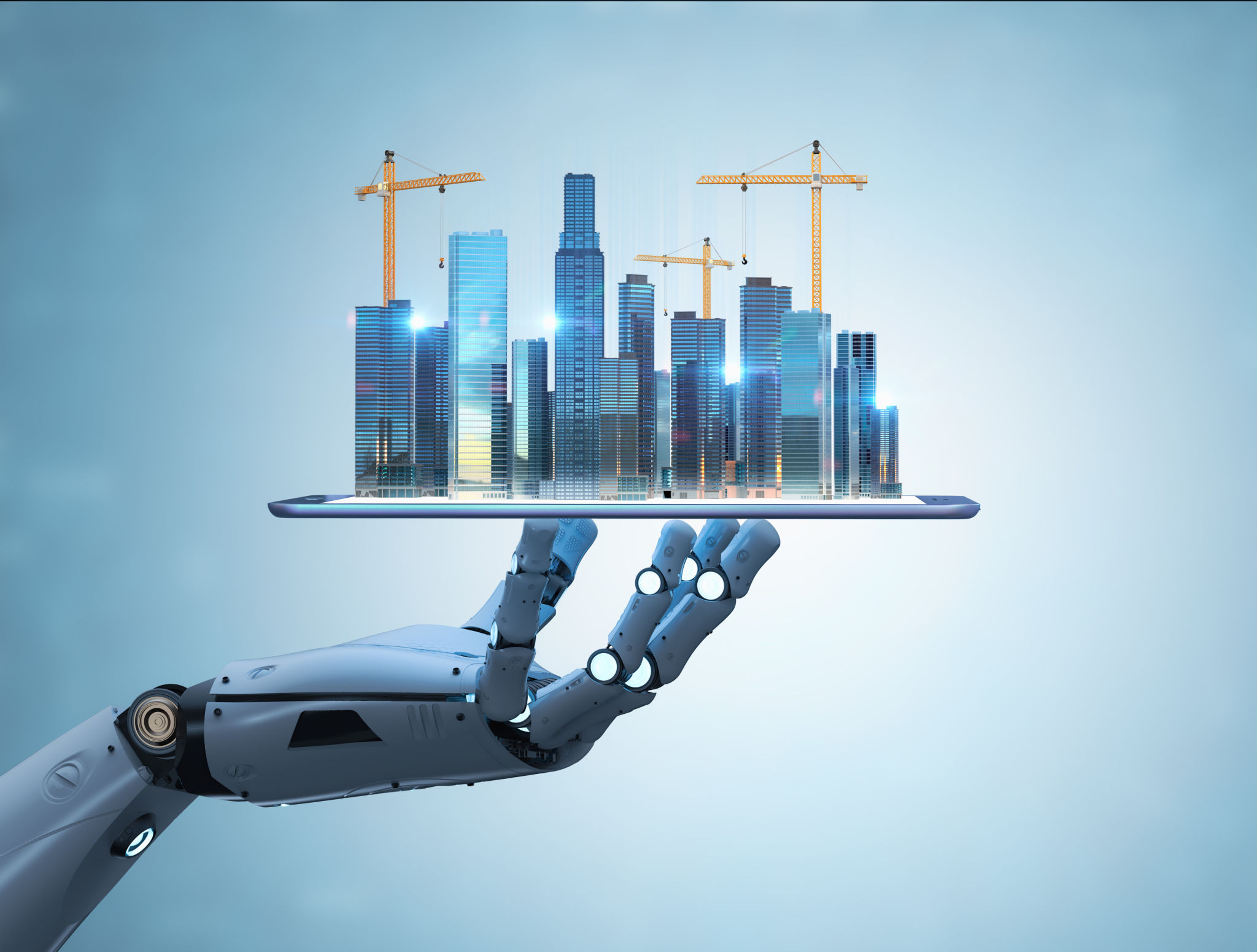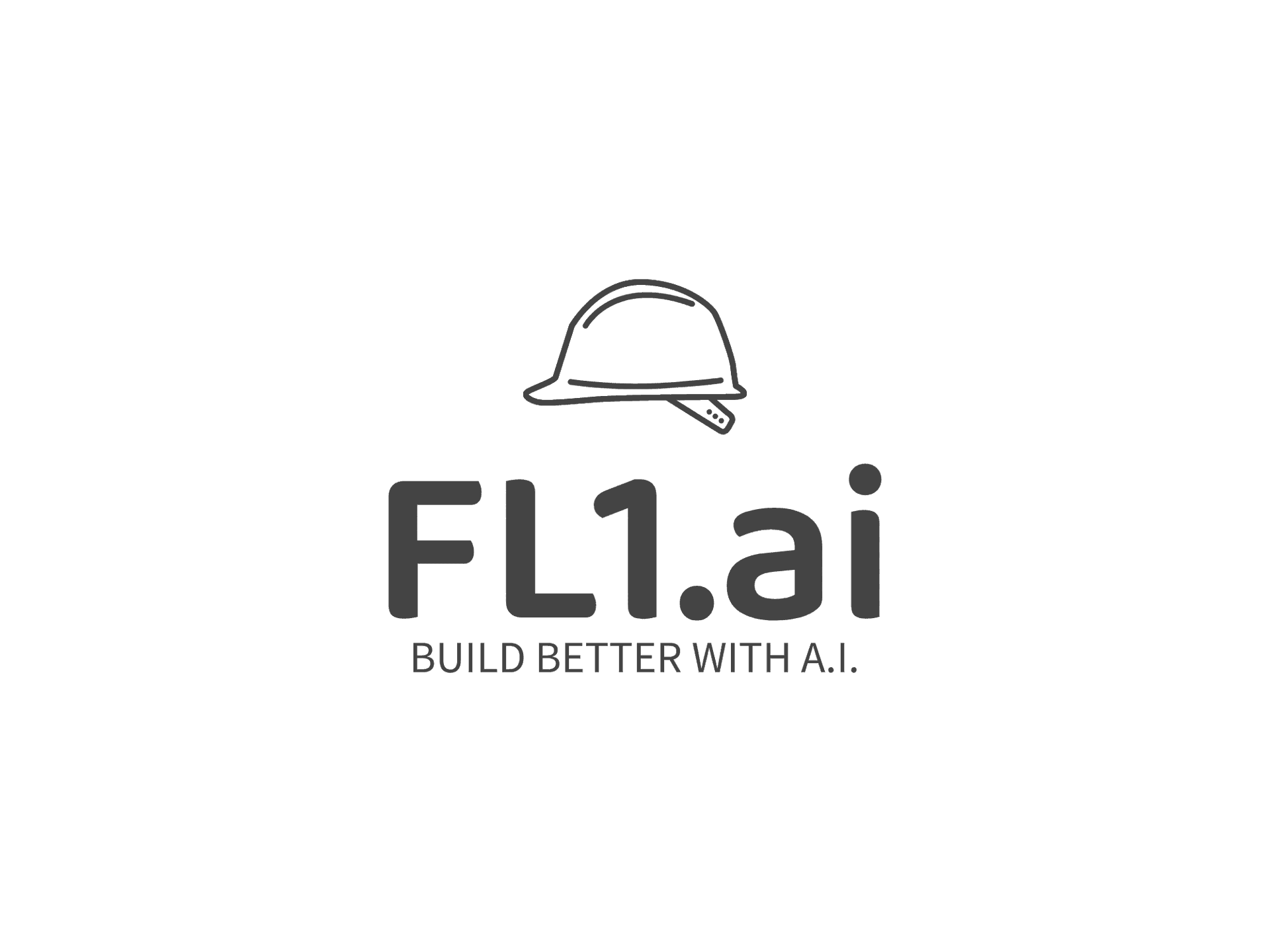How-to Optimize Quality Control in Construction with AI
Understanding the Role of AI in Construction Quality Control
The construction industry is rapidly evolving, with technological advancements driving significant improvements in efficiency and quality. One of the key areas where technology is making an impact is quality control, particularly through the use of Artificial Intelligence (AI). AI not only enhances accuracy but also streamlines processes, ensuring that projects are completed on time and within budget.
AI systems can analyze vast amounts of data more quickly and accurately than human counterparts. By leveraging machine learning algorithms, AI can predict potential issues before they become major problems, thereby reducing costly rework and improving overall project quality.

Key Benefits of Implementing AI in Quality Control
Improved Accuracy and Efficiency
AI-driven tools significantly improve the accuracy of quality inspections. Automated systems can detect defects and inconsistencies in real-time, allowing construction teams to address these issues promptly. This not only enhances the overall quality of the project but also reduces delays caused by manual inspection processes.
Predictive Maintenance and Risk Management
With AI, predictive maintenance becomes a reality. By analyzing data from sensors and IoT devices, AI can forecast equipment failures and recommend maintenance before issues occur. This proactive approach minimizes downtime and ensures that machinery is always operating at peak performance.

How AI Enhances Data-Driven Decision Making
The integration of AI in quality control enables more informed decision-making. AI systems can process complex datasets to provide actionable insights, helping project managers make data-driven decisions that improve project outcomes. This analytical capability is invaluable in identifying trends and optimizing resource allocation.
By utilizing AI for data analysis, construction companies can gain a competitive edge, as they can quickly adapt to changes and implement improvements based on real-time insights.
Steps to Implement AI in Construction Quality Control
Assess Current Processes
Before implementing AI, it is crucial to assess existing quality control processes. Identify areas where AI can add value by enhancing efficiency or accuracy. This initial assessment will guide the selection of appropriate AI tools and technologies.
Select the Right AI Tools
Choose AI solutions that align with your specific needs and project requirements. Consider factors such as ease of integration with existing systems, scalability, and user-friendliness. Collaborate with technology providers to ensure a seamless transition to AI-powered quality control.

The Future of Quality Control in Construction
As AI technology continues to advance, its role in construction quality control will only grow more significant. Future developments may include even more sophisticated predictive analytics, autonomous inspection drones, and enhanced collaboration tools that further revolutionize the industry.
Embracing AI in construction is not just about keeping up with technological trends; it's about setting new standards for quality and efficiency. By optimizing quality control with AI, construction companies can deliver superior results while meeting the increasing demands of clients and stakeholders.
